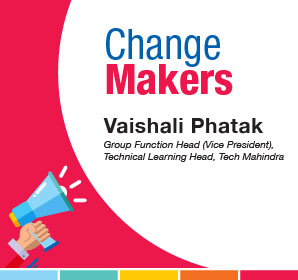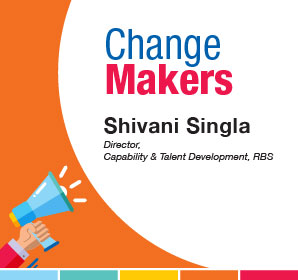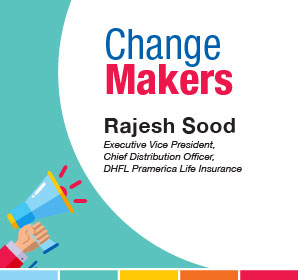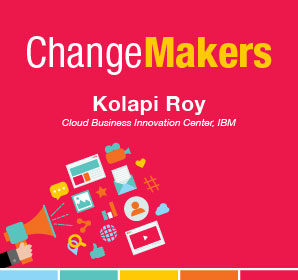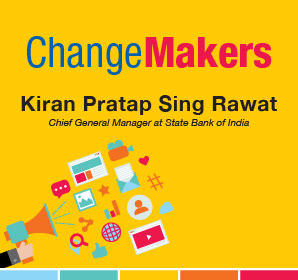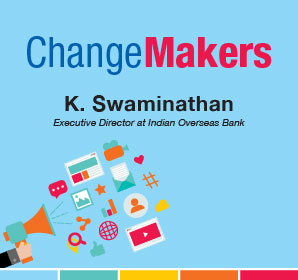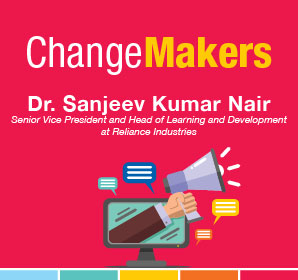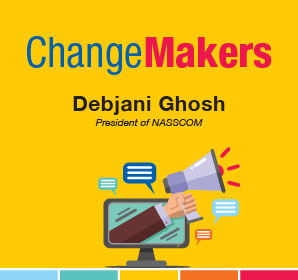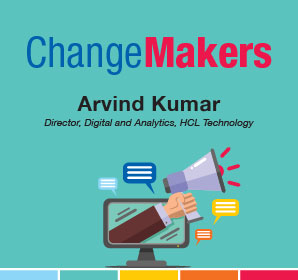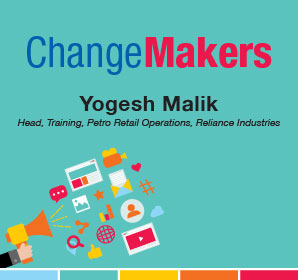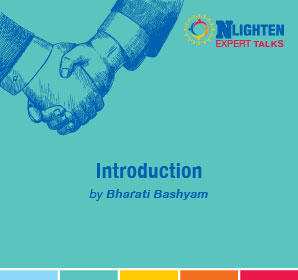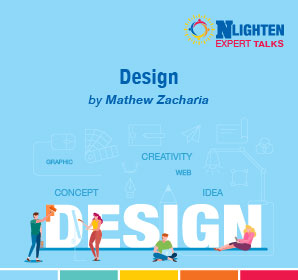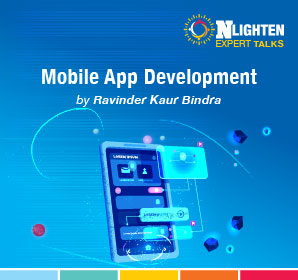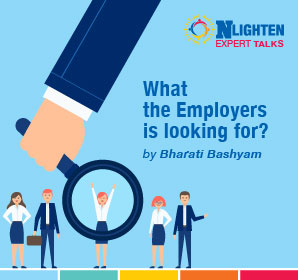This article is about Programming
IT Jobs to Put You on the Recruiter Radar in 2020
By NIIT Editorial
Published on 22/06/2020
12 minutes
Although the COVID-19 pandemic has ceased many business operations and forced multiple IT firms to freeze their recruiting plans for the year, yet it doesn’t eliminate the need for talent. When we covered the top 10 technological trends to expect in 2020, we pointed to increased enterprise adoption of Artificial Intelligence, Mixed Reality, Blockchain and distributed Cloud Computing. It is therefore evident that the maximum job generation, whatever rate that is in the current circumstances, should also be attributed to such technology verticals. Whether you’re concluding your Bachelor’s degree or receiving class senior secondary school certificate, advance knowledge of the in-demand tech jobs of 2020, would help you choose an IT career.
1. AI Architect
It is definitely one of the highest paying IT jobs in India at the moment. Legacy businesses along with new-age start-ups are focusing on Artificial Intelligence to deliver not just a fully-automated but also full-filling customer experience.
- AI Architects are expected to help companies stand strong on their AI business goals. Job seekers must present strong credentials in their Bachelors, preferably in a Computer Science or related field.
- You must top that off with a Master degree or an educational equivalent. After completing your education, it is recommended you seek a job that involves heavy number crunching i.e. data analytics.
- There is an added expectation from recruiters who’d like entry-level employees to have strong fundamental in AI-integration, machine learning, application development for AI and Natural Language Processing (NLP).
The role of an AI Architect will certainly remain one of the best tech jobs for the future.
2. IoT Solutions Architect
Speaking of the highest paying IT jobs in India an IoT solutions Architect comes in at the second. The Internet of Things is blowing up big time. As per a statistic, by the end of 2020, there may be a total of 31 billion IoT devices in the world. The demand for a job title such as the IoT Solutions Architect far outweighs the supply of talent because it is an amalgamation of many skills that few IT professionals have.
- Your programming acumen must be top-notch, with good academic knowledge of data management, embedded systems, fog computing, edge computing, and cloud computing.
- In addition, you must also be aware of network infrastructure, stream processing, and applications development.
- While these are some of the technical skills an individual must also possess good inter-personal communication skills.
- A large part of an IoT Solution Architect’s day is spent in liaising with stakeholders to strategize and build prototype and scalable/deployable IoT solutions.
- If you see yourself handling such upper-management meetings and having cross-functional expertise then begin by acquiring a Bachelor’s degree in Computers/Engineering or a related discipline.
- You must augment that with a Master’s or a PG-level degree and inculcate as many concepts as you can.
3. Blockchain Engineer
The portfolio of a Blockchain Engineer is without a doubt one of the highest paying jobs in the world of IT as of writing. Blockchains are beginning to gain mainstream traction as more and more business cases are realizing their prophesized potential.
- Blockchain Engineers carry out a host of activities the majority of which revolves around designing, developing and securing Blockchain applications.
- You would require a variety of multi-disciplinary skills to be a Blockchain Engineer. This includes data analytics, programming, particularly Java, Python, Viper, Solidity, and Chaincode, software development and cryptography.
- In addition to that, you must also be thoroughly versed with web development, data structures, data architecture and smart contracts.
- On top of this, and depending upon the organization, you might be expected to know about access management solutions.
- The more of these listed skills that you have the better the chances of getting hired. Graduate/Under Graduate students of engineering/computer science are well-positioned to take the next step in preparation.
Probe for a few third party vendors that can attest some training/internship experience in single sign-on security (SSO) and distributed database onto your resume.
4. Data Scientist
They are among the most respected and sought after professionals in the present-day labour pool, due to which they rank 4th in our list of high paying jobs in the IT sector.
- Data Scientists collaborate with the management to convey actionable input drawn out from the data.
- Based on the objectives set by the business, data scientists proceed to create algorithms and predictive analytics models to share more data on which to act.
- College students/graduates should emphasize learning programming languages like Python, used for algorithmic programming, and R, for statistical analysis.
- Expertise in machine learning is mandatory so you can train computers to detect patterns from data.
- Deep learning which is extensively used in image recognition and robotics is also a necessary academic trait for data scientists.
- You should learn how to deploy Natural Language Processing wherein computers are taught to read and comprehend languages, as humans do. SQL, NoSQL, Hadoop and data visualization are a few other commonly found credentials on a data scientist’ resume.
- This is one of the few IT subfields that require professionals to procure a Master’s degree at least and follow it up with a PhD, although the latter is not a compulsion.
5. Business Analyst
Also referred to as Business Intelligence Analyst, these professionals have a multi-faceted, data-backed view of the business needs.
- They know how to correlate numbers with actionable plans. As a result, a Business Analyst must have a good passing percentage in Bachelors’ in an engineering or computer science-related field.
- A postgraduate or a Master’s equivalent would further allow your resume to be eligible for top employers.
- Since the central aspect of their job is reporting data, therefore knowledge of database query languages is a natural ask.
- Further understanding of Online Analytical Processing (OLAP), stored procedure writing, relational databases, report creation and data mining is also required.
- Aspiring Business Analysts must be good communicators for they will interact with stakeholders regularly.
6. Cloud Architect
Cloud Architects rank 6th on our list of highest paying tech jobs 2020 had to offer.
- They are expected to decentralize their deployment systems to support the Internet of Things and AI devices.
- This would further stoke hiring managers to look out for Cloud Architects with niche specializations.
- But for graduates, it is a must that they augment their resume with an engineering degree first.
- They should be able to guide an IT company’s cloud strategy and be able to manage applications on the cloud with tech-support.
- Aspirants should be good at network engineering, administration, multi-cloud architecture, cyber-security, data storage, and programming. Knowledge of major cloud service providers such as AWS, Microsoft Azure, Salesforce, and/or SAP could be a big difference-maker.
7. Big Data Engineer
Due to an explosion of data and the need for specialist individuals to process it, a Big Data Engineer has become one of the highest paying jobs in the world of Information Technology.
- They manage the end-to-end system development lifecycle of Big Data Applications. The project is oriented towards collecting maximum data that can be processed and visualized to formulate business decisions.
- Due to this cause, Big Data Engineers must be operationally comfortable with data warehousing technologies such as Apache Hadoop along with its core components some which are Flume, Hive, Pig, YARN and Oozie.
- For rapid data processing, you must be proficient in the use of Apache Spark. Knowledge of NoSQL-based databases such as MongoDB is highly recommended.
- Students should develop a high intellect in general-purpose programming languages such as Python, C, Java, etc.
- To package your resume completely you must also learn data visualization, machine learning, data mining, statistical and quantitative analysis.
- Although following up a Bachelor’s in an engineering related field with a Master’s degree is prevalent but not mandatory.
8. Software Developer
They are the backbone of any IT enterprise.
- Software Developers specialize in a variety of platforms such as web development, mobile application development, and of course any other stand-alone, B2C/B2B software.
- They take care of all coding designing, developing and after-sales support for the software.
- Engineering or an equally recognized qualification is a must for entry-level positions.
- At the least, a software developer should have a commanding knowledge of programming languages.
- He/she should have a penchant for writing codes, data structures and algorithms.
- The software has to interact with databases therefore database query languages like SQL are a must.
- Having an operational knowledge of operating systems, networking basics, code testing, encryption, and System Development Life Cycle is also expected out of aspiring software developers.
9. DevOps Engineer
- DevOps is a combination of development and operations and is rather a colloquial term turned designation.
- It refers to the flexible yet high-paced, progressive relationship between development and IT operations. The objective of this relationship is to fasten development times with minimal software iterations.
- Working as departmental intermediaries, a DevOps Engineer must be good at communicating his viewpoint.
- They must be up to date with the workings of DevOps Tools for source control, continuous integration, configuration management, deployment automation, containers, orchestration and cloud platforms.
- Excellent coding and scripting along with software security best-practices is also one of their key responsibility areas.
- A resume might well be considered strong if you are sound in cloud and automation technologies.
10. Full-Stack Developer
Just like a DevOps Engineer acts as an intermediary between development and operations, a Full Stack Engineer plays a dual role by handling both the front-end and the backend development.
- Their subject matter expertise is highly valued as they reduce the cost to the company by wearing multiple hats. As a result of this, the magnitude of their credentials ism much broader than some of the other IT job titles in this list.
- Proficiency in JavaScript, HTML5 and CSS3 is a must. This needs to be supported by a server-side language like .Net, Java, Python etc.
- They should possess a workable knowledge of Database Management Systems (DBMS).
- To archive the changes, they should know their way around the Version Control System (VCS). A few other skills include algorithms, API integration and writing unit tests.
How Can NIIT Help You?
NIIT is committed to its mission of making the youth of today ready for the jobs of tomorrow. Our foundational courses in Information Technology have a proven track record in certifying the natural IT-quotient and acquired IT specialized expertise of students. Concerned about your prospects? Don’t be. Take a minute and go through the Post Graduate Programme in Full Stack Java Programming that’ll set you on your course to be successful IT professional. Ready for the challenge?
PGP in Full Stack Software Engineering
Gain expertise in front-end, back-end, web development, application development and software development technologies at different levels, which provides an edge over others in the extremely demanding field of software development. Start with a CTC of guaranteed Rs 5 LPA*
Job Assured Program*
Flexible Payment Option

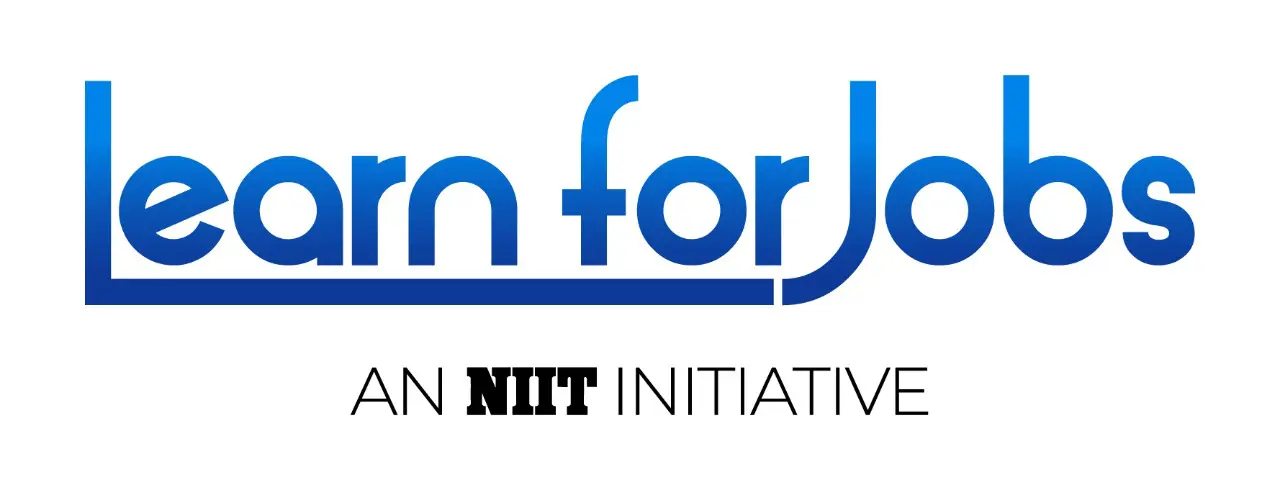
 Sign Up
Sign Up

























































































































































































































































































































































